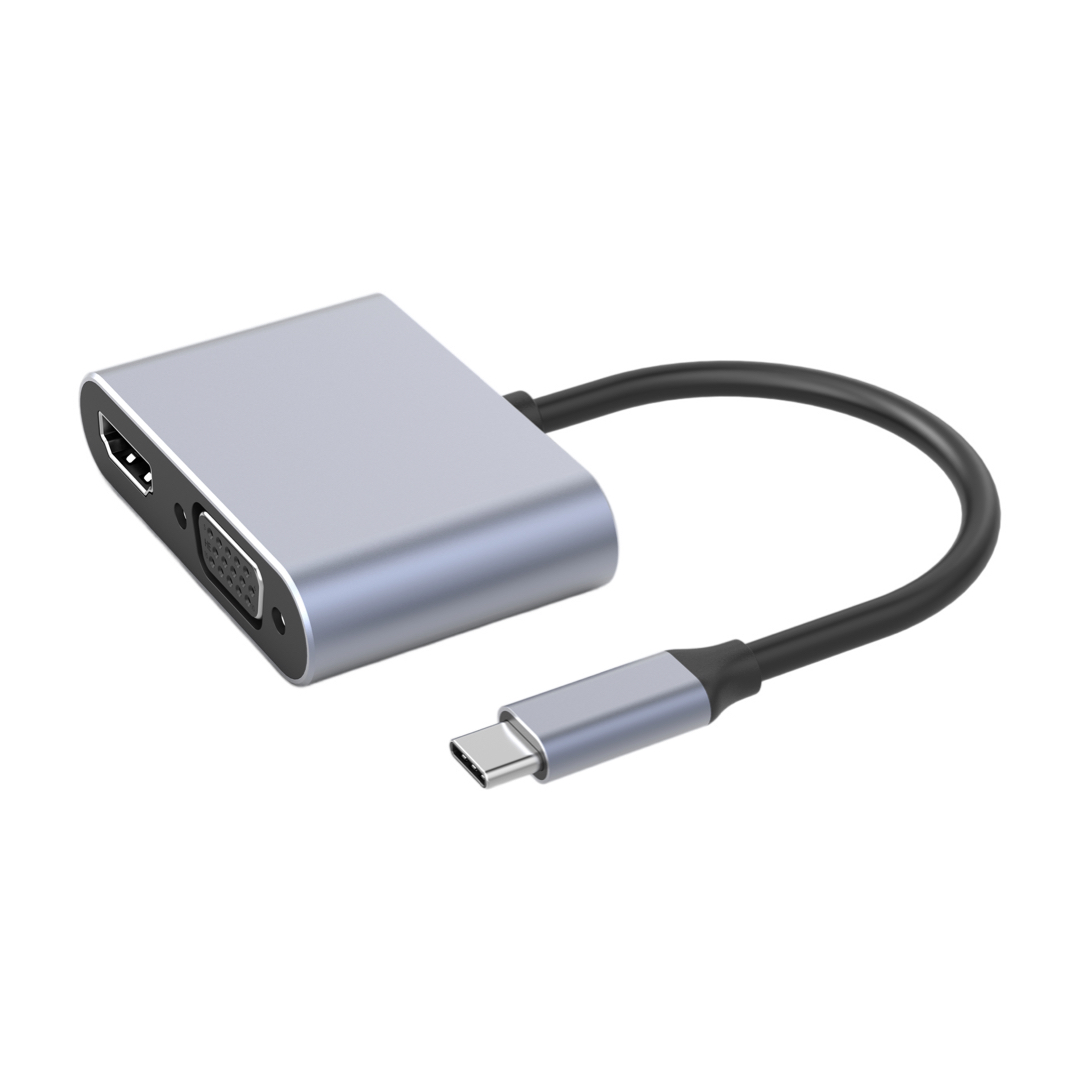
In today's world, USB hubs have become an essential component for connecting multiple devices to a single computer. However, these hubs can sometimes cause problems and disrupt our daily workflow. In this article, we will explore common troubleshooting techniques and provide solutions to ensure a smooth USB hub experience.
1. USB Hub Not Recognized by the Computer
If your USB hub is not being recognized by the computer, try the following solutions:
Check Physical Connections:
Ensure that the hub is securely connected to the computer's USB port. Additionally, verify that all devices connected to the hub are properly plugged in.
Update Drivers:
Visit the manufacturer's website and download the latest drivers for your USB hub. Install them on your computer and restart the system. Often, outdated drivers can lead to compatibility issues.
Check Power Supply:
USB hubs require power to operate. Confirm that the hub is receiving adequate power by connecting it to a power source or using a hub with its own power adapter.
2. Slow Data Transfer Speed
If you experience sluggish data transfer speed when using a USB hub, try these solutions:
Use USB 3.0 Ports:
Ensure that both your computer and hub support USB 3.0. USB 3.0 provides faster data transfer speeds compared to USB 2.0.
Connect High-Bandwidth Devices Properly:
If you are utilizing high-bandwidth devices such as external hard drives, connect them directly to the computer's USB port instead of the hub. USB hubs may not provide sufficient power or bandwidth for such devices.
Reduce the Number of Connected Devices:
Having too many devices connected to a USB hub can overwhelm its capabilities. Disconnect any unnecessary devices or consider using additional hubs for better data transfer speeds.
3. USB Hub Overheating
If your USB hub gets excessively hot, follow these solutions:
Ensure Sufficient Ventilation:
Make sure that the hub is placed in a well-ventilated area. Avoid covering the hub or placing it in an enclosed space as it can trap heat.
Use a Powered USB Hub:
Consider upgrading to a powered USB hub that comes with its own power supply. This will reduce the power load on the computer's USB ports, minimizing the chances of overheating.
Avoid High Power Consumption Devices:
If you are using power-hungry devices, such as external hard drives that draw excessive power, connect them directly to the computer instead of the hub. This will prevent the hub from heating up.
Conclusion
USB hubs offer convenient and efficient connections for our devices. By following the troubleshooting techniques and solutions outlined in this article, you can overcome common issues such as unrecognized hubs, slow data transfer speeds, and overheating. Remember to keep your drivers up to date, use USB 3.0 ports, reduce the number of devices connected, ensure proper ventilation, and consider a powered hub when needed. With these tips in mind, you can enjoy a hassle-free USB hub experience.



